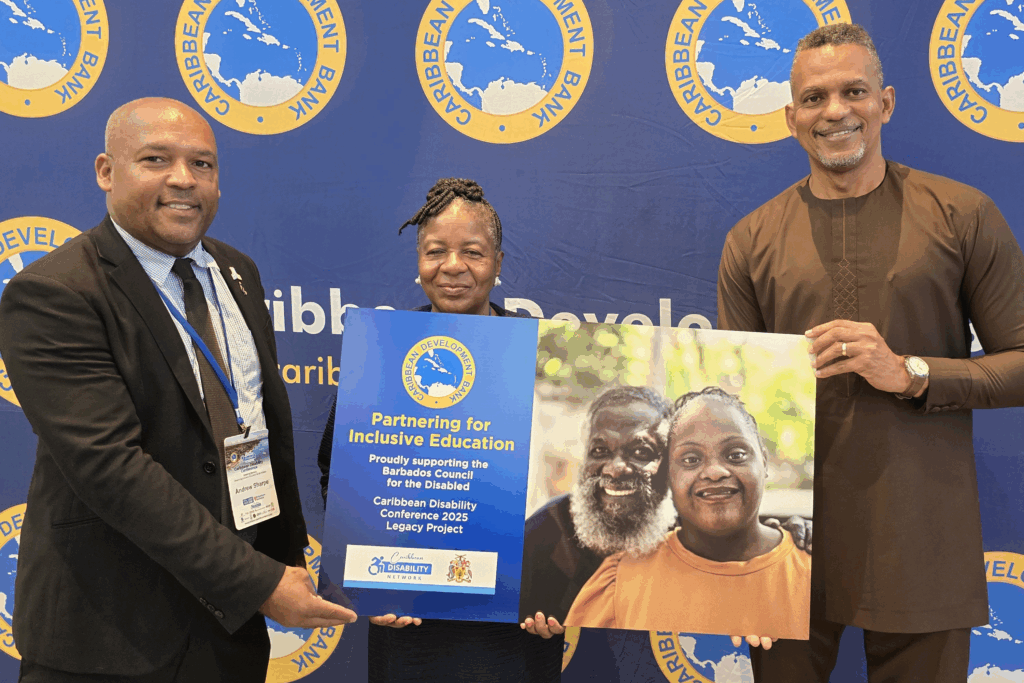The Caribbean Development Bank (CDB) has issued a compelling call to regional governments, urging them to prioritize disability inclusion in their development agendas. Speaking at the Caribbean Disability Conference held at the Wyndham Grand Barbados in St Philip, CDB President Daniel Best emphasized that systemic barriers continue to marginalize people with disabilities, despite increasing public awareness. The four-day conference, attended by policymakers, advocates, and individuals with disabilities, aims to bolster inclusion efforts across the Caribbean. Best highlighted the findings of a 2025 regional disability assessment report, which underscored the pressing need to dismantle these barriers and ensure full societal participation for the disabled community. He pointed out that individuals with disabilities often face voicelessness, invisibility, neglect, isolation, prejudice, and abuse, while their families and caregivers grapple with emotional strain and mental health challenges. Best stressed that disability is not a distant reality but a possibility for anyone, urging collective action to address these issues. During the event, the CDB presented a cheque to the Barbados Council for the Disabled (BCD) to fund initiatives such as assistive technologies, training, and projects aimed at improving accessibility. BCD President Patricia Padmore-Blackman lauded the support, noting its potential to drive innovation and technical advancements for people with disabilities. The CDB also reaffirmed its commitment to inclusive development, following the April Global Disability Summit in Berlin. Vice President of Operations Isaac Solomon emphasized the bank’s dedication to ensuring that at least 15% of national development programs incorporate disability inclusion. Best highlighted the CDB’s Special Education Needs and Inclusive Education Policy and Strategy (SEND Policy), designed to transform traditional education systems into inclusive ones. He reiterated that inclusion is not charity but justice, and the CDB will continue to provide financing for early identification, curriculum adaptation, and infrastructure to support individuals with special needs.
